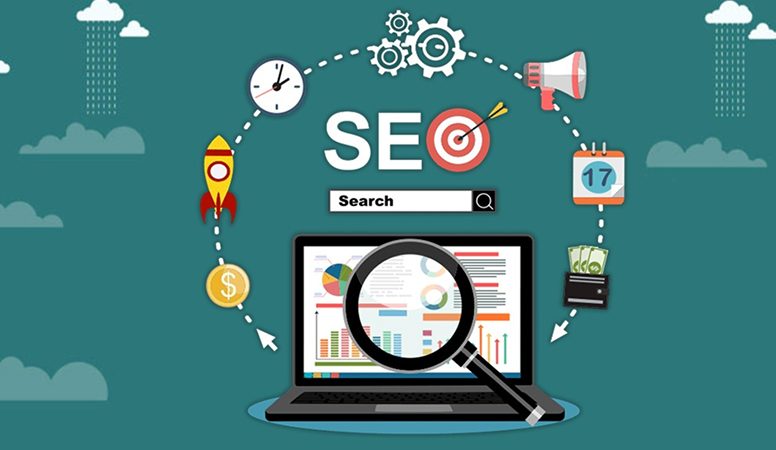Search engine optimization (SEO) is at the heart of any successful website marketing approach. It drives natural visitors, complements visibility, and guarantees your internet site ranks excessive on search engine results. While enrolling in an SEO training course is a smart first step, many freshmen unknowingly make errors that maintain them back from fully reaping rewards. To assist you are making the most of your training, right here are five critical missteps to avoid.
Setting Unrealistic Goals
One common error is putting desires which might be either too bold or too low. Overreaching can lead to sadness, even as underestimating your abilities may additionally bring about minimal progress. To avoid this, study your industry and opposition, understand the time frame for effects, and work together with your search engine marketing instructor to set realistic, measurable dreams that align with your talents and resources.
Focusing Only on Short-Term Results
SEO is an extended-term investment. Rushing for brief wins like competitive hyperlink-constructing or keyword stuffing can harm your website more than assist. Instead, stability short-term procedures with a strong basis: optimize your content, enhance your website online shape, and cognizance on sustainable practices that pressure lasting visibility and traffic.
Ignoring SEO Industry Trends
Search engine algorithms trade often, and SEO strategies have to evolve with them. Some schooling courses may additionally cover best the fundamentals. Stay proactive with the aid of studying search engine marketing blogs, attending industry webinars, and following specialists on line. This guarantees your understanding remains relevant past what’s protected within the classroom.
Overlooking Technical SEO
Many beginners recognition solely on keywords and Backlinks, forgetting critical technical factors. Website speed, mobile responsiveness, and easy architecture are crucial for user revel in and rankings. Work carefully with your search engine marketing trainer to understand technical search engine marketing gear like Google Page Speed Insights can assist diagnose and fix site issues.
Not Tracking Analytics
Without proper Analytics, it’s hard to measure achievement or become aware of areas of development. Google Analytics and Google Search Console are worthwhile for monitoring visitor behavior, keyword overall performance, and placement health. Learn the way to interpret and act in this facts it’s crucial for optimizing your SEO strategy.
Bonus SEO Pitfalls to Address:
Slow Site Speed
Compress photos and streamline code to decorate load time.
Negative Reviews
Monitor and reply to remarks to preserve credibility.
Broken Links
Regularly audit and update hyperlinks to keep away from SEO penalties.
Outdated Content
Keep your website online fresh with relevant, well timed updates.
Taking an SEO training course is a first-rate manner to strengthen your digital presence but fulfillment depends on extra than just displaying up. By averting those commonplace mistakes and staying committed to learning and applying first-rate practices, you’ll be higher geared up to see lengthy-term consequences. For sensible, up-to-date guidance led via specialists, consider enrolling with Expert SEO Training your dependable accomplice in learning SEO.

